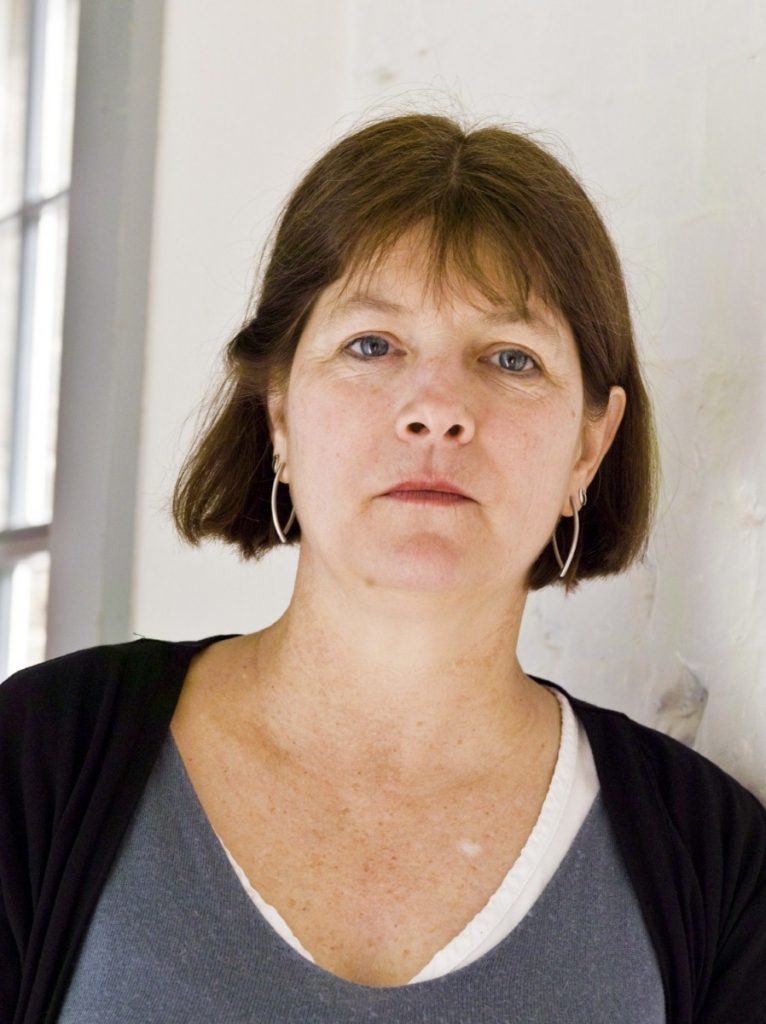Comment: Our society excuses road crimes, but they kill us just the same
By Amy Aeron-Thomas
Chris Huhne is currently serving time at Her Majesty’s pleasure for perverting the course of justice and not for the numerous penalties he received for bad driving. Professional footballers have grossly exceeded the speed limit with impunity, only to be given a fine/community service on the rare occasion they are caught. Gary McCourt was sentenced to a five-year ban and community service last week for killing his second cyclist – his driving had already killed in 1986.
These stories should be contrasted with those of the families who are suddenly and traumatically bereaved as a result of negligent and dangerous driving, which all-too-often is left unchecked by the state and results in life-long disabilities or death.
Today the government's consultation on its new 'victims code', the product of a promise to put victims of crime at the heart of justice policy, comes to an end. The proposed code does not include all victims of criminal drivers and in fact leaves out the vast majority of victims, covering less than two per cent of criminal offences committed on the roads. It is unclear about the level of support that families bereaved by road crashes will receive. This is in clear contrast to the unequivocal support guaranteed to victims of other kinds of crime.


Today is also the end of UN road safety week which has been organised by the World Health Organisation (WHO) because of the recognised "public health crisis" of a million people being killed globally on roads every year. In the UK, 1,901 people were killed on our roads in 2011 and a staggering quarter of a million people are prosecuted for crimes on the road each year.
Despite this catastrophic level of road crime and its devastating consequences, criminal behaviour on our roads is chronically under policed, is often treated as trivial by the courts, is absent from the political agenda and is generally excused if not glorified by popular culture.
There is near impunity for criminal driving on our roads – including drink driving, hit and run, speeding, drivers using phones – partly because we have a political culture that will not challenge the perceived view that 'we're all motorists now and we could all make a mistake'. On top of this, police cuts (with the traffic police hurt particularly badly) and lack of specialist training for lawyers bringing road crash cases guarantee this situation will continue.
What we urgently need is recognition and politicisation of this issue, which affects the way we all live. Criminal driving makes all our communities less safe; it sees us making daily decisions not to let children walk to school alone or not to make particular journeys because of the behaviour of some motorists. In fact, a third of women and a quarter of men don't drive, and in parts of London driving and car ownership is now touching only 50%. Failure to guarantee justice for road deaths and injuries makes a mockery of other areas of government policy to get people out of their cars and walking or cycling. It is now time to truly put all victims at the heart of policy.
Amy Aeron-Thomas is the executive director of RoadPeace, the national charity for road crash victims.
The opinions in politics.co.uk's Comment and Analysis section are those of the author and are no reflection of the views of the website or its owners.

